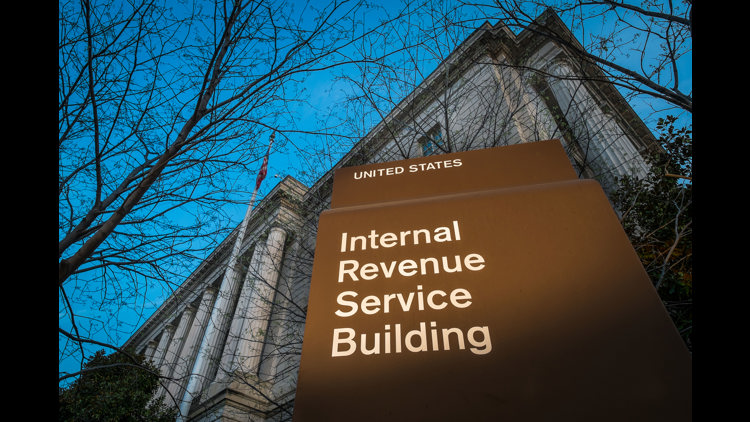NEW BERN, N.C. — Two more defendants have been sentenced in North Carolina federal courts as part of an ongoing investigation into COVID-19 fraud.
Toni A. Smith, 46, of New Jersey, and Dontae Antonio Murphy, 40, of Charlotte, N.C., received sentences of 15 months and 12 months in prison, respectively. They were also ordered to pay several hundred thousand dollars in restitution to the Small Business Administration, according to a press release from the office of Michael Easley, U.S. Attorney for the Eastern District of North Carolina.
The scheme, in which more than 20 people have been sentenced so far – along with nine more awaiting sentencing – involved the Paycheck Protection Program that was intended to be a lifeline to small businesses struggling during the pandemic.
Murphy and Smith purported to have janitorial and cleaning services companies, according to the press release. They conspired with Edward Whitaker and Schunda Coleman, both of Texas, who have also pleaded guilty in the scheme.
Whitaker and Coleman created fraudulent supporting documents and applications for each PPP loan in exchange for 25% of the total loan proceeds, the press release stated. The fraudulent applications grossly inflated the number of employees and wages being paid prior to the pandemic by backdating fraudulent IRS forms.
Following the disbursement of the PPP loans, Whitaker gave each defendant detailed instructions as to how to make it appear that the PPP loans were being paid out to employees. In reality, most or all of the money was transferred back to the defendants. The fraudulent payroll records were then submitted to the Small Business Administration to obtain 100% loan forgiveness.
Easley praised the investigative partnership that has led to the string of convictions and sentencings.
“Even though the pandemic is behind us, we are working closely with our partners at the IRS to identify, investigate and prosecute cases of fraud to put cheats behind bars and recover taxpayer money,” Easley stated in the press release.
“The Paycheck Protection Program was designed to help small businesses facing financial difficulties during the COVID-19 pandemic,” said Donald “Trey” Eakins, Internal Revenue Service Criminal Investigation Special Agent in Charge in the Charlotte Field Office. “Through our partnership with the U.S. Attorney’s Office and our federal law enforcement partners, IRS Criminal Investigation Special Agents will continue to aggressively pursue individuals who try to exploit federal relief programs for their personal gain.”
The Coronavirus Aid, Relief, and Economic Security (CARES) Act was designed to provide emergency financial assistance to the millions of Americans who were economically suffering from the COVID-19 pandemic. The CARES Act and additional appropriations authorized up to $649 billion in forgivable loans to small businesses through the Paycheck Protection Program. Financial institutions issued the PPP loans, which were guaranteed by the SBA.



